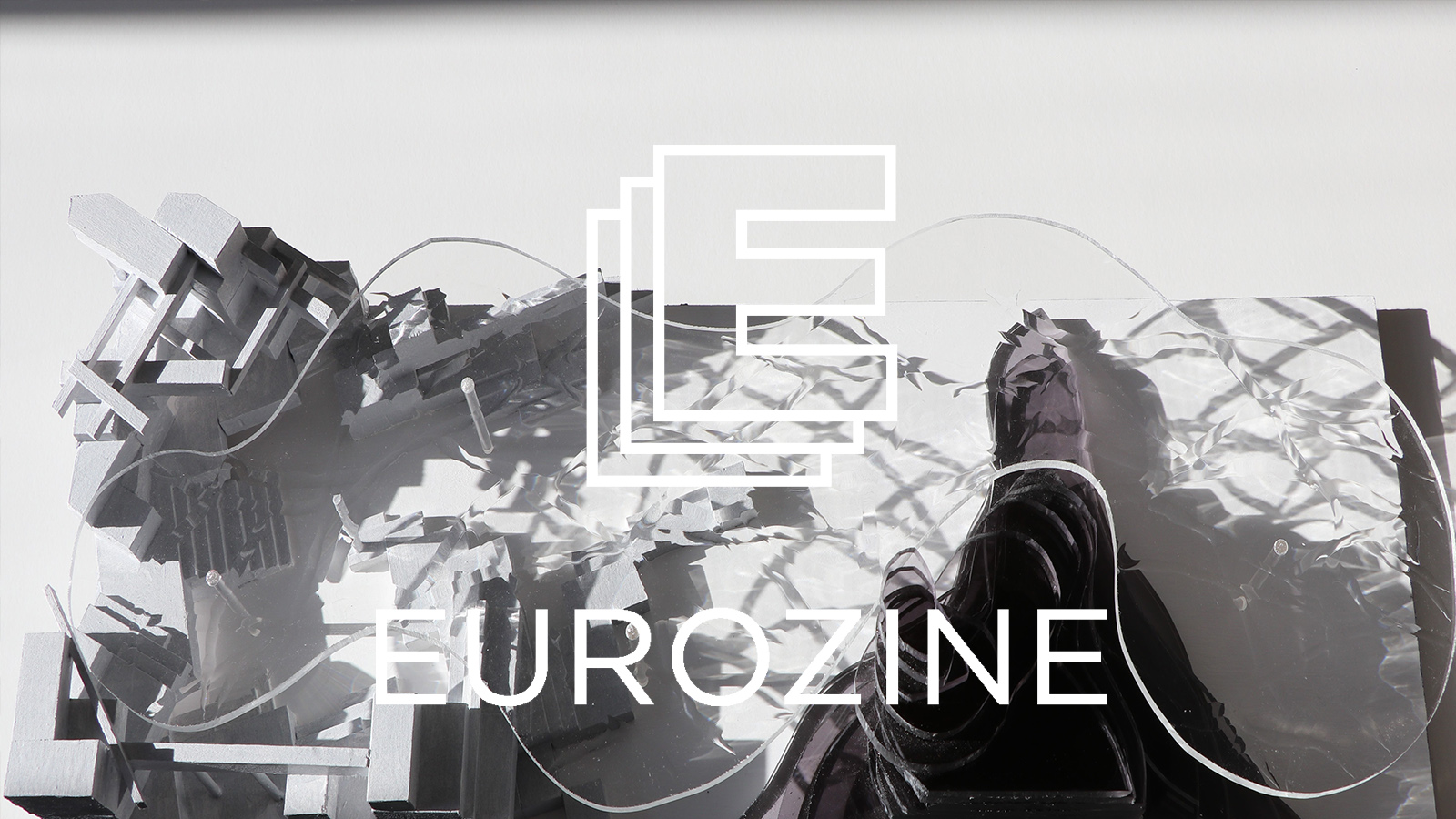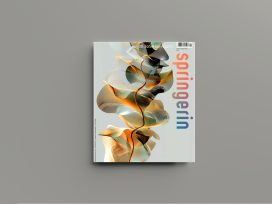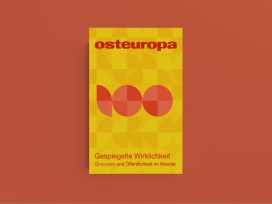 Architecture of climate change, 2018, ArtHelix, New York Photo by Östsvensk from Wikimedia Commons
Architecture of climate change, 2018, ArtHelix, New York Photo by Östsvensk from Wikimedia Commons
‘The third industrial revolution’ often refers to the shift that took place in around 1990 from electronics to micro-electronics, from analogue to digital, and from fossil fuels to renewables. But in fact, the term was coined much earlier, in a very different context.
The German philosopher Günther Anders, a phenomenologist schooled by Heidegger and Husserl, fled Nazism in 1933, emigrating to France and then the US. There, Auschwitz combined in his thought with that other cataclysm of the mid-20th century – the invention of the atom bomb. In his 1956 work Die Antiquiertheit des Menschen (‘The Obsolescence of Humankind’), Anders referred to the ‘third industrial revolution’ in an anything but progressive sense. It described a new moral and metaphysical stage of human history in which, from now on, mankind possessed the means to produce its own destruction.
In a second volume, published in 1981, at the beginning of the ‘era of ecology’, Anders described the ‘third industrial revolution’ in terms of the ‘imperative of the possible’. ‘It is not just the non-exploitation of a possible raw material that is seen as scandalous’, he wrote, but also ‘the failure to recognize something that exists as a raw material and to treat it as such. The world is seen as a mine to be exploited.’
The inverse of this imperative, he argued, was that ‘anything from which nothing can be made does not deserve to exist, and that, when it gets in our way, can be annihilated. The analogy of the Nazi concept of “undeserving life” is “underserving being”. In short: being raw material is the criterium existendi. To be is to be raw material.’
The moral and existential tenor of ecological politics today makes Anders’s definition of the ‘third industrial revolution’, with its visionary urgency and moral vehemence, seem more contemporary than its more recent sociological counterpart. This is a positive sign for climate politics and climate journalism. Why?
Writing in Eurozine in June, Daniel Pelletier and Maximilian Probst argued that we must approach the climate crisis as something not solely for scientists. Journalism, they write ‘needs to spell out other implications, be they social, cultural, geostrategic, economic, historical, psychological or media theoretical’.
By all accounts, climate change should be the biggest story ever – so why has it failed to dominate the media? Reference to audience disinterest is a ‘lazy argument, because it underestimates the power of agenda-setting’, argue Pelletier and Probst.
One reason is surely that familiarity breeds contempt: recycling a limited range of facts makes for vapid journalism. What the world needs – and what audiences want – is journalism that takes climate change out of the natural scientific box and instead places it in new and unusual contexts. Contexts that are close to people’s own experiences and speak directly to their interests.
This is what journals in the Eurozine network have recently been attempting. The latest issue of Vikerkaar, for example, offers an Estonian perspective on planetary ecological crisis: environmental contamination, return of diseases, urban heat islands, diversity decline – but also solutions for the future: greening Soviet-era architecture, transformation of regional economies, tax reforms and more.
Another example: Turkish journal Cogito discusses Hayy ibn Yaqdhan, the twelfth-century Robinson Crusoe by Ibn Tufail, and the Epic of Gilgamesh, as prototypical ecological narratives. And in Austria, Wespennest’s first issue of 2019 includes, alongside the Probst and Pelletier article mentioned above, considerations of the ‘cultural history of climate’ and the ‘ecology of literature’.
At the Frankfurt Book Fair this week, editors Andrea Zederbauer (Wespennest), Seyda Öztürk (Cogito) and Audun Lindholm (Vagant) will be talking to Eurozine’s editor-in-chief Réka Kinga Papp about ‘breaking the bad news’ of climate crisis (Thursday, 17 October, 3-4 pm, details here). And at the 30th European Meeting of Cultural Journals in Berlin on 2 November, Helena Marschall of Fridays For Future will be talking to Claus Leggewie, the political scientist and leading green thinker – see his recent article on why progressive parties must bundle ecology, anti-authoritarianism and multiculturalism into a political project ‘beyond right and left’.

Simon Garnett
Senior editor
This editorial is part of our 21/2019 newsletter. You can subscribe here to get the bi-weekly updates about latest publications and news on partner journals.

 Architecture of climate change, 2018, ArtHelix, New York Photo by Östsvensk from
Architecture of climate change, 2018, ArtHelix, New York Photo by Östsvensk from 






